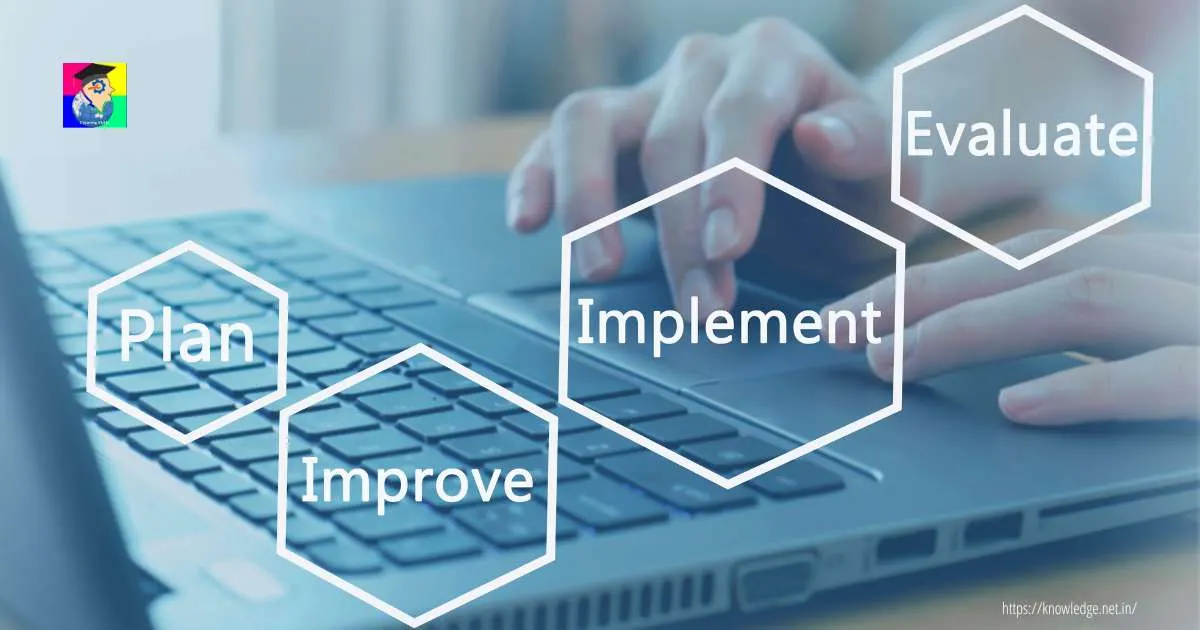How can Distance Education be Improved?

The advent of technology has revolutionized the way we live, work, and learn. One of the areas where technological advancements have made a significant impact is education. Distance education, also known as online or virtual learning, has gained immense popularity in recent years. With its flexibility and accessibility, it has opened up new opportunities for learners worldwide. However, as with any evolving system, there is always room for improvement.
In this blog, we will explore several key areas where distance education can be enhanced, enabling a more effective and engaging learning experience for students.
Interactive and Engaging Content: One of the challenges faced in distance education is maintaining student engagement and motivation. To overcome this, content developers and instructors should focus on creating interactive and engaging materials. Incorporating multimedia elements such as videos, animations, and simulations can make learning more dynamic and appealing. Gamification techniques, like quizzes, leaderboards, and rewards, can also boost student engagement, making the learning process enjoyable and stimulating.
Personalized Learning Paths: Each student has unique learning needs, strengths, and weaknesses. Distance education platforms should strive to provide personalized learning paths tailored to individual students. Utilizing artificial intelligence and machine learning algorithms can help analyse student data, track progress, and recommend personalized learning resources or activities. By adapting the content and pace to suit each student's requirements, distance education can become more efficient and effective.
Effective Communication and Collaboration: One of the primary concerns in distance education is the lack of face-to-face interaction. To address this, platforms should incorporate robust communication tools, such as video conferencing, discussion forums, and chat features. Regular interactions between instructors and students can foster a sense of community and enable real-time clarification of doubts. Furthermore, encouraging collaboration among students through group projects or online study groups can enhance social learning, critical thinking, and problem-solving skills.
Skilled and Supportive Instructors: Effective teaching plays a pivotal role in any form of education. Distance education requires instructors to possess a different set of skills to facilitate effective online learning. Institutions should invest in training programs that equip educators with the necessary tools and techniques for online instruction. Moreover, providing continuous support and professional development opportunities will enable instructors to stay up-to-date with evolving pedagogical practices and technologies, ultimately improving the quality of distance education.
Seamless Technology Integration: Technology is the backbone of distance education, and its seamless integration is crucial for a smooth learning experience. Platforms should be user-friendly, intuitive, and accessible across various devices and operating systems. Integration of learning management systems, video conferencing platforms, and other educational tools should be seamless, allowing students to navigate between different resources effortlessly. Additionally, regular updates and improvements should be implemented to address any technical issues promptly.
Assessment and Feedback Mechanisms: Assessment and feedback are essential components of the learning process. Distance education should include diverse and meaningful assessment methods that evaluate students' understanding, critical thinking, and practical skills. Automated grading systems can be employed for objective assessments, while subjective assignments can be evaluated by instructors through detailed feedback. Timely and constructive feedback helps students gauge their progress, identify areas of improvement, and enhance their learning experience.
Support Services and Resources: Distance learners often face unique challenges, such as limited access to resources, time management issues, and feelings of isolation. Educational institutions should offer comprehensive support services to address these concerns. This can include virtual libraries, online tutoring services, academic advisors, and counselling support. Providing a robust support system helps students navigate through challenges and enhances their overall learning experience.
Distance education has immense potential to revolutionize the way we learn and expand educational opportunities for learners worldwide. By focusing on interactive content, personalized learning paths, effective communication, skilled instructors, seamless technology integration, robust assessment and feedback mechanisms, and comprehensive support services, we can enhance the quality and effectiveness of distance education. As technology continues to evolve, it is essential to embrace these improvements to unlock the full potential of distance education and provide a truly transformative learning experience for students across the globe.
Unlock the future of education from anywhere, and join the conversation👇 on how we can enhance distance learning together!
















